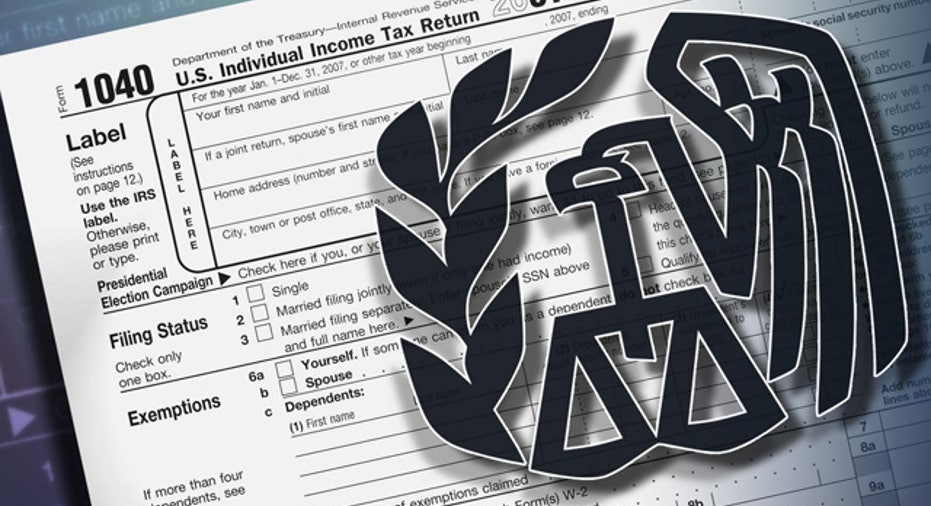What Happens If You Get a Tax Form After You File?

Whether you’re dropping off the paperwork at a post office or clicking a submit button online, the feeling of filing your taxes is right up there with the sense of relief you feel at the end of the last work day before a vacation. Ah, freedom. It’s temporary, but it’s nice.
And as unwelcome as it would be for your boss to call you while you’re enjoying time off, so is receiving an envelope or email marked “IMPORTANT TAX DOCUMENT ENCLOSED” after you’ve filed your taxes.
It’s actually not that big of a deal (the tax thing, not the overbearing boss). Depending on the form you received, you may have to file an amended return. Form 1040X can be used to amend a return if you need to change your filing status, income, deductions or credits on your original return. Unfortunately, if you’re someone who favors e-filing, you can’t do that with an amended return. You can get form 1040X on the Internal Revenue Service’s website, as well as instructions on where to send the paperwork.
Keep in mind that updating your federal tax return may mean you need to adjust what you sent to your state, so the IRS recommends contacting your state tax agency for guidance on that. Another side effect of amended returns: delays. Don’t expect a prompt refund (if you’re getting one). “[A]mended returns take up to 16 weeks to process and up to three weeks from the date of mailing to show up in our system,” the IRS website says.
It’s frustrating to have to update your taxes after you’ve filed them, but as far as tax problems go, it’s an easy one to fix. Ideally, you won’t have to amend your return, because you’ve either diligently collected all your paperwork before filing or the left-out form doesn’t affect your return. (For example, the 1095-B or 1095-C, new forms for tax year 2015, aren’t required to file your taxes.)
Whatever you do, don’t forget to file just because you’re waiting around for a form. Be diligent about following up with employers about any income forms you may need and you won’t miss the April 15 deadline. Otherwise you can face the consequences, which include a damaged credit score if things get so bad that you get a tax lien. (You can check your credit scores for free on Credit.com to see if there are any lingering tax issues currently impacting your credit.)
More From Credit.comWhat's a Good Credit Score?How to Get a Credit Card With Bad CreditA Simple Checklist to Get Out of Debt
This article originally appeared on Credit.com.
Christine DiGangi is a reporter and editor for Credit.com, covering a variety of personal finance topics. Her writing has been featured on USA Today, MSN, Yahoo! Finance and The New York Times International Weekly, among other outlets. More by Christine DiGangi



















